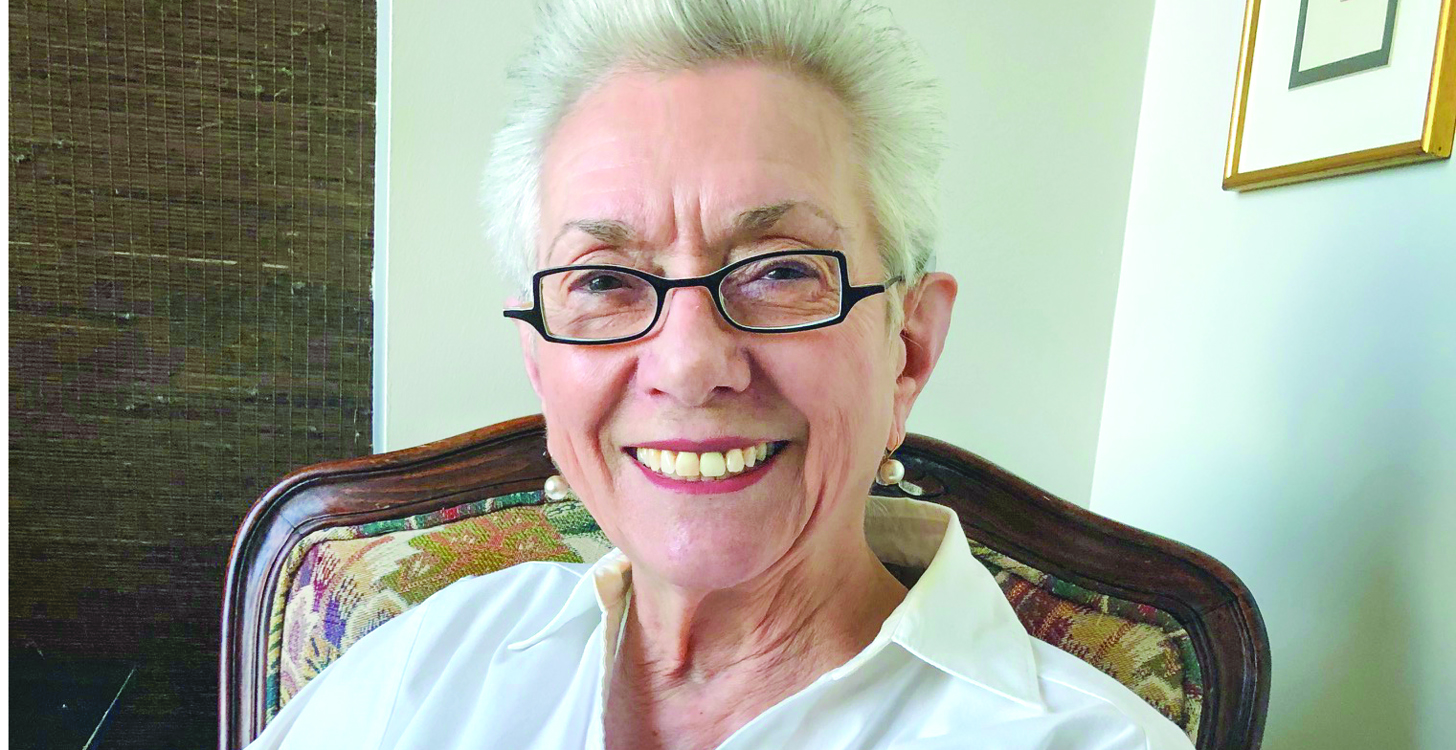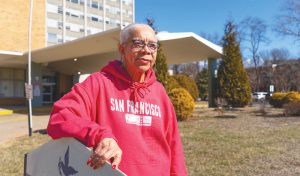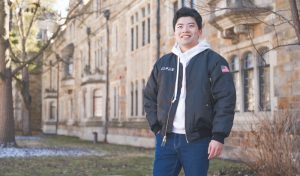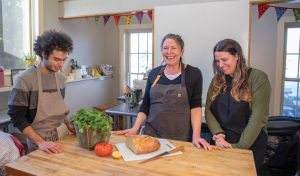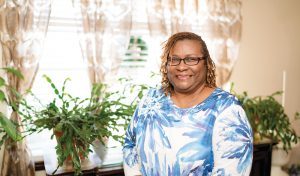by Doris McCloskey
Chicago
The most difficult challenge in my 57 years of Buddhist practice was the sudden death of my son Brian in 2003. I had always feared losing a child and thought that it would be the one thing that could make me stop practicing Buddhism. I was wrong; my practice was the only thing that kept me going, albeit like someone learning to ride a unicycle. Due to my intense grief, I could barely function through each day, and for the first year, I didn’t sleep more than two hours a night. When I chanted Nam-myoho-renge-kyo, I sobbed in front of the Gohonzon for the first hour, but I continued and got stronger each day.
My husband, Guy, and I went into our own deep grieving processes and isolated ourselves from each other. Guy recognized it and forced us to talk and chant together, and meet with others who had lost children. We gradually realized how many parents had experienced the pain of losing a child and were able to encourage and be encouraged by so many others who had faced this suffering.
Around this time, my hearing began declining swiftly. Initially, I didn’t want to acknowledge my hearing loss, but it became impossible to ignore. First, I could no longer hear on the phone, then conferences and meetings became a challenge in my Buddhist activities and at work. Even when I went to my local Buddhist center, I never initiated conversations because the ambient noise would overpower the other person’s voice, and I could never complete the exchange.
Eventually, I became completely deaf and took responsibility for supporting our deaf and hard-of-hearing members in the SGI-USA. Together with the team supporting the deaf and hard-of-hearing members, we have initiated lectures on Nichiren Daishonin’s writings through sign language and held conferences at the Florida Nature and Culture Center in Weston, Florida. Last year, we began a series of virtual Buddhist introductory meetings in American Sign Language.
This karma of going deaf was not a meaningless plight, but my profound mission to propagate Buddhism to the deaf and hard of hearing, a community I’ve learned so much from. They are so resilient and capable. Many of these members would attend meetings for decades, without understanding much or any of what was said. On the other hand, when I lost my hearing, I began to pull back from attending meetings. The pure faith of these members consistently blows me away. They have helped me become more independent and deepen my appreciation for my life and those around me.

Doris McCloskey with her family (l-r) son Brian, daughter, Mary, son Vincent and husband, Guy, 2003. Her children enabled her to better understand the workings of her life and deepen her faith.
After Brian’s passing, I didn’t know where my life was headed, if anywhere. With my Buddhist practice, however, I am always discovering deeper meaning and am inspired to fulfill my mission for kosen-rufu.
My children, Brian, Mary and Vincent, have taught me so much about Buddhism. They have inspired me to continue chanting, enabling me to better understand the inner workings of my life. And having the benefit of going deaf has presented me with an opportunity to live every moment for my mission.
This year will mark 18 years since Brian’s passing, and his life continues to inspire people. In the last few years of Brian’s life, Ikeda Sensei founded Soka University of America in Aliso Viejo, California (in 2001). Brian often expressed his determination to contribute to the development of SUA.
Unfortunately, while alive, he wasn’t able to fulfill this goal. But, soon after his passing, friends close to him, who knew of this goal, started the Brian Daisaku McCloskey Scholarship. This scholarship has funded the education of more than 20 SUA students, and it continues to grow. When I think of this, Nichiren’s words “He was a Buddha in life, and now he is a Buddha in death” (“Hell Is the Land of Tranquil Light,” The Writings of Nichiren Daishonin, vol. 1, p. 456) come to mind. Brian taught me that our mission for kosen-rufu extends beyond our current lifetime.
Rather than quit my practice, the challenges of these 18 years have strengthened my faith, and I have developed a deep inner happiness knowing that each member of my family is fulfilling our mission to bring happiness to others.
Q: What advice would you give to newer practitioners?
Doris McCloskey: Be sure to study Nichiren Daishonin’s writings and encouragement from Ikeda Sensei and subscribe to our publications. This study material will help you construct a rock-solid foundation of faith in your heart so that you will be undefeated by any hardship in life.
You are reading {{ meterCount }} of {{ meterMax }} free premium articles

